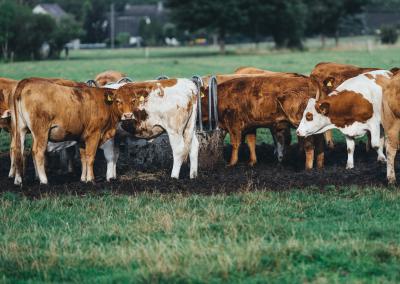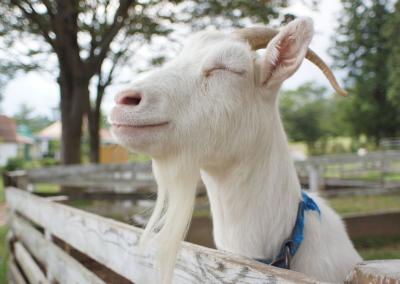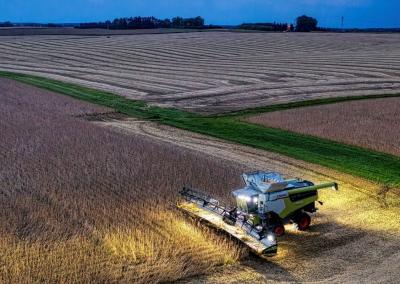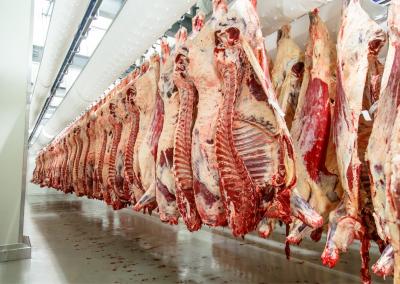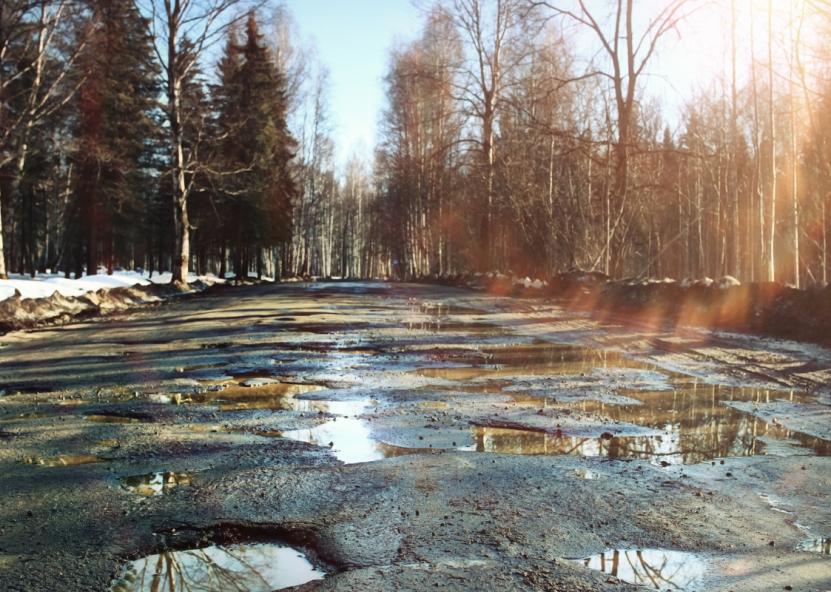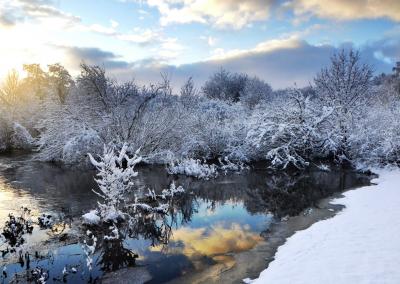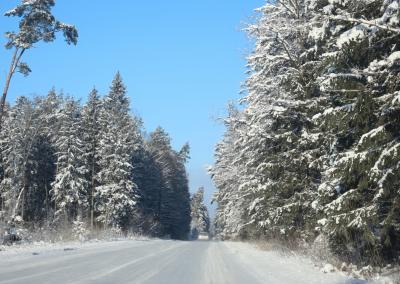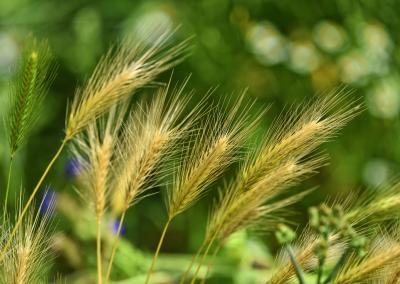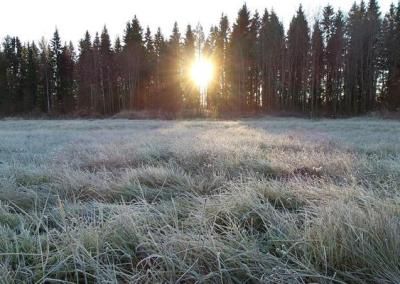How crops will be affected by the record-breaking winter heatwave
The record-breaking winter in Lithuania could have a number of consequences for cereal crops, say agricultural experts. While an earlier wake-up call for winter crops can translate into better yields, warmer weather also means better survival of pathogens and higher levels of pests, they say.
As Vytautas Liakas, associate professor at the Vytautas Magnus University Academy of Agriculture (VMU AZA), explains, warm weather does not adversely affect winter wheat, but the lack of cold means more invasive pests survive.V. V. Liakas: Winter crops have adapted and are not threatened by warmer weather
V. According to Mr Liakas, warm weather does not pose a threat to winter crops sown in autumn, as the plants have adapted to it. According to the associate professor, the only risk is in the event of a sudden and severe cold snap.
„Crops such as winter-kale and oilseed rape are already putting down roots. But this does not mean that they are vegetating. The soil temperature is 4 degrees warm. This is the minimum temperature at which life processes take place. (...) Winter crops are adapted and adaptive. They have experienced it all, it's written in their genes," Liakas told Elta.
„Now the forecasts promise a cold snap, but it is not very significant for plants. There will just be some kind of adjustment. It is important not to have a frost of minus 25-30 degrees," he said.
The VMUFA lecturer noted that Lithuanian farmers are positive about warmer winters – similar to those seen in the UK and France.
However, he noted, warmer winters mean an increase in the number of pests and the spread of invasive species, as, according to the scientist, there are no more cold spells to control their populations.
„There is a problem that with warm winters, nature will not regulate certain pests. (...) And there are more and more of them – ones that are unusual for us, invasive. Because the warm winters mean that their populations are not regulated, the animals that feed on them – are not enough. Everybody knows invasive slugs. We normally have hedgehogs, hawks, owls eating them, but that is not enough now. We have a climate where these slugs reproduce extremely fast," he said.LGAA councillor: cereal growers watching winter weather forecasts with concern
Meanwhile, LGAA Councillor Vanagh says too warm a winter could mean an early awakening of plants, and various crops may not be ready to withstand spring frosts.
„As cereal farmers, we are concerned about the possibility of a premature start of the growing season. While milder winters are less likely to freeze crops, crops that wake up earlier are not ready to withstand the force of spring frosts," Vanagas told Elta.
„It is still midwinter, but grain growers are anxiously watching this winter's weather forecasts, preparing for a potentially early and re-emerging spring and actively tending their crops in order to react in time to the effects of a warm winter“, – he added.
According to the cereal farmer, the warmer weather is also preventing the deeper layers of soil from accumulating the necessary water reserves. In addition, in the absence of frost, excess moisture is retained at the surface and the soil is not shaken, which helps pathogens to survive and multiply.
„Insufficient water supply to the deeper layers of the soil, which increases the likelihood of dry growing conditions for plants during the dry season. This creates suitable conditions for the survival and reproduction of pests, in particular slugs, aphids, aphid larvae, which in large populations kill non-sprouting crops, especially bean and oilseed rape. Various pathogens and pathogens also survive, which can cause very serious damage to plants that wake up early," he explains.
„The good news is that warmer winters prolong the growing season of plants, they clear up better, grow more roots, and the micro-organisms that release nutrients do not cease their activity“, – said A. Vanagas. 2024-2025 winter – one of the warmest in Lithuania's history As the Lithuanian Hydrometeorological Service reported at the end of January, the second month of winter was unusually warm – 6 daily maximum temperature records were set. „And although this period is supposed to be one of the coldest of the year, the average daily temperatures of the last few days are typical of the end of March, not the end of January,– the service wrote on its „Facebook“ page. The Hydrometeorological Service's year-end 2024 review also shows that December was warmer than the historical average, with temperatures above 0 degrees prevailing.![]()


















